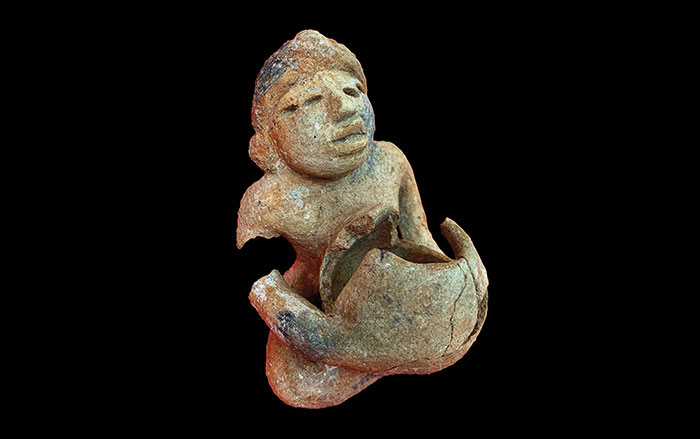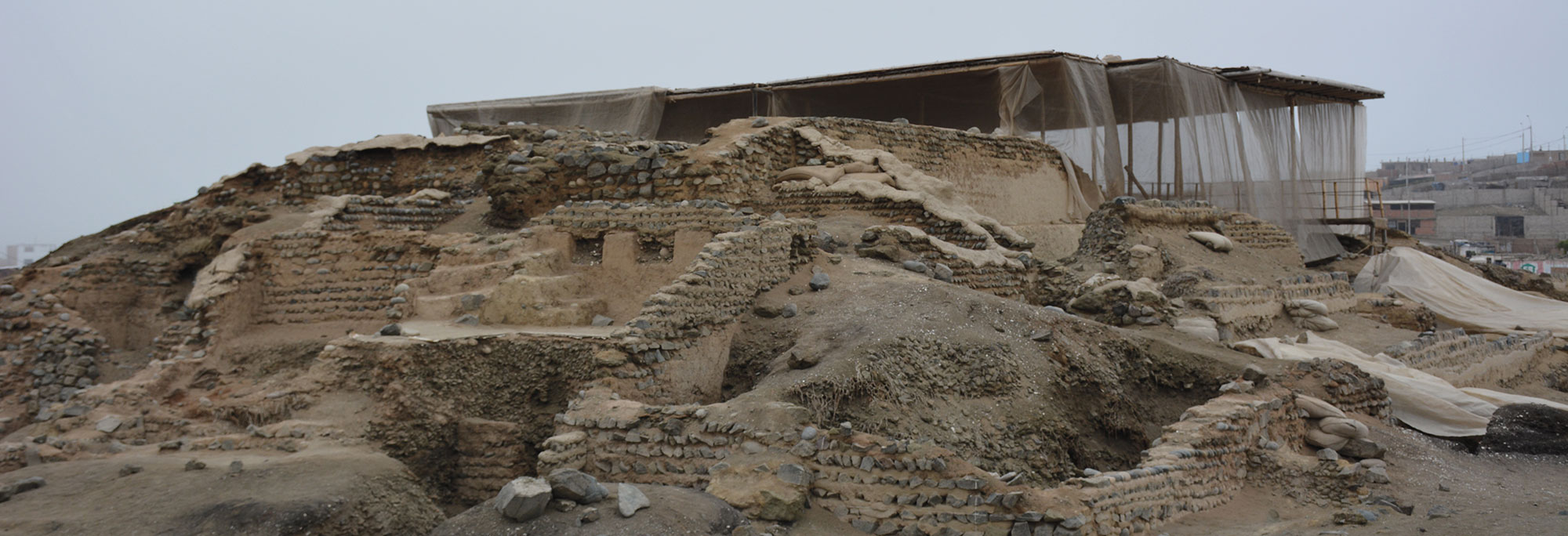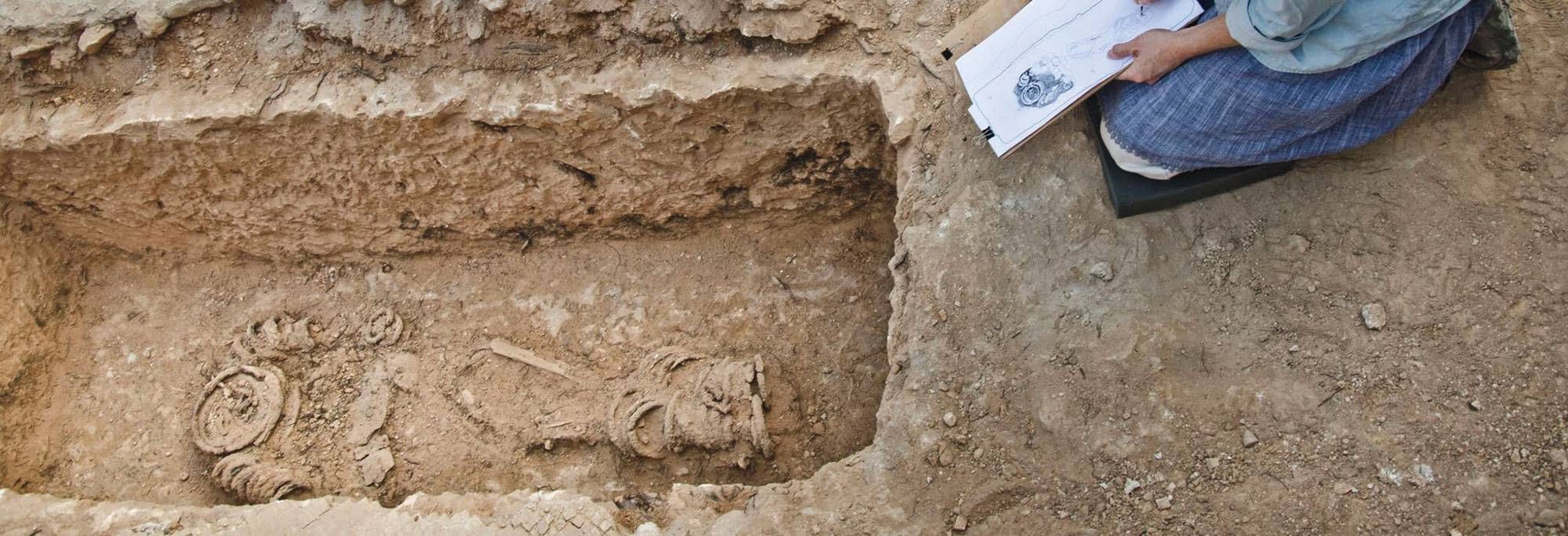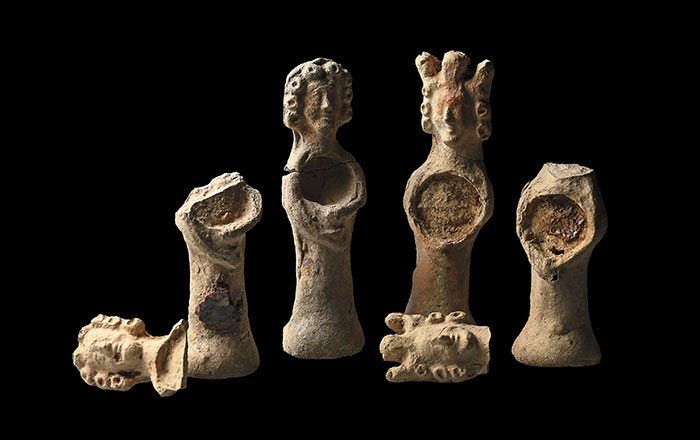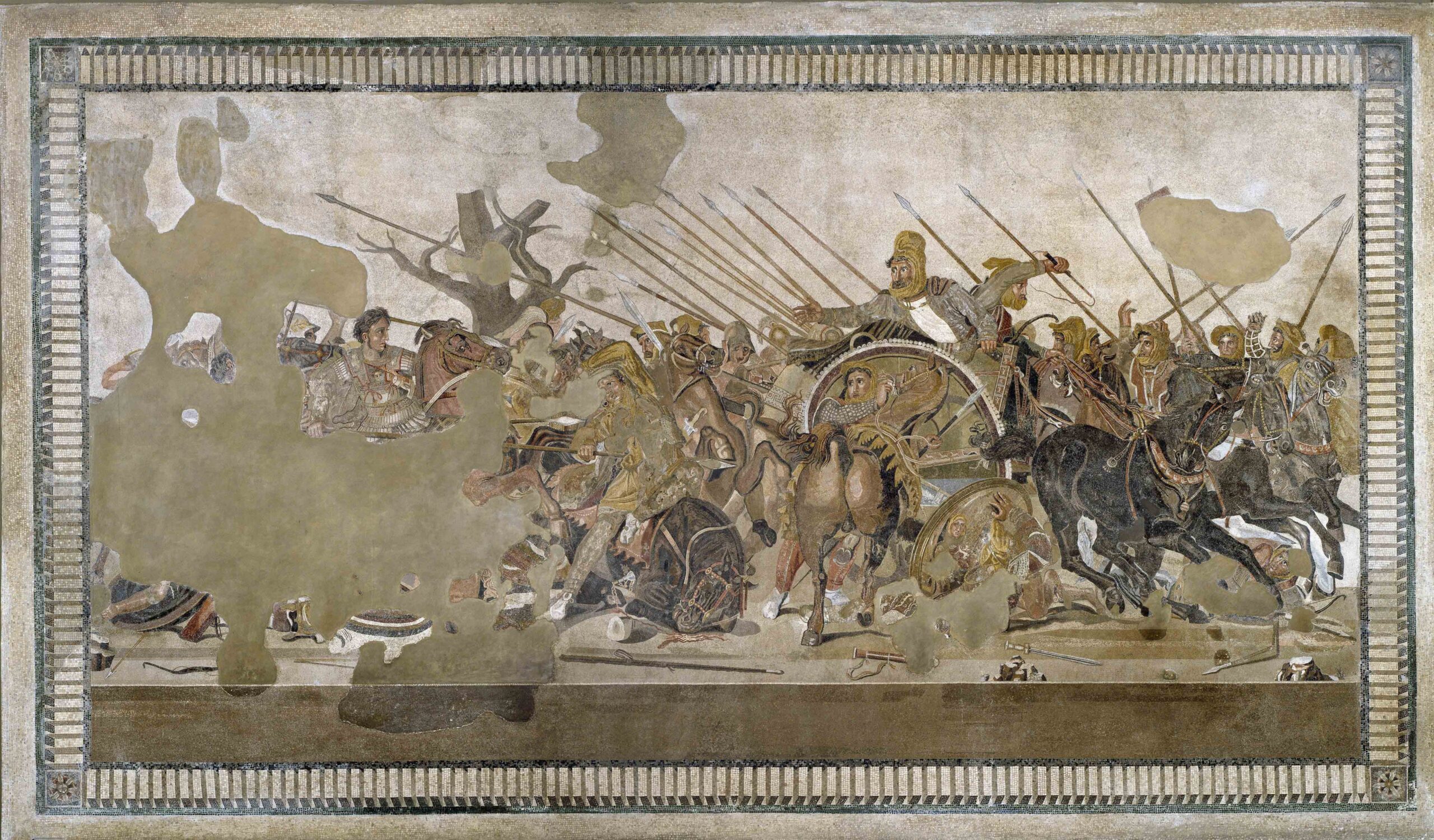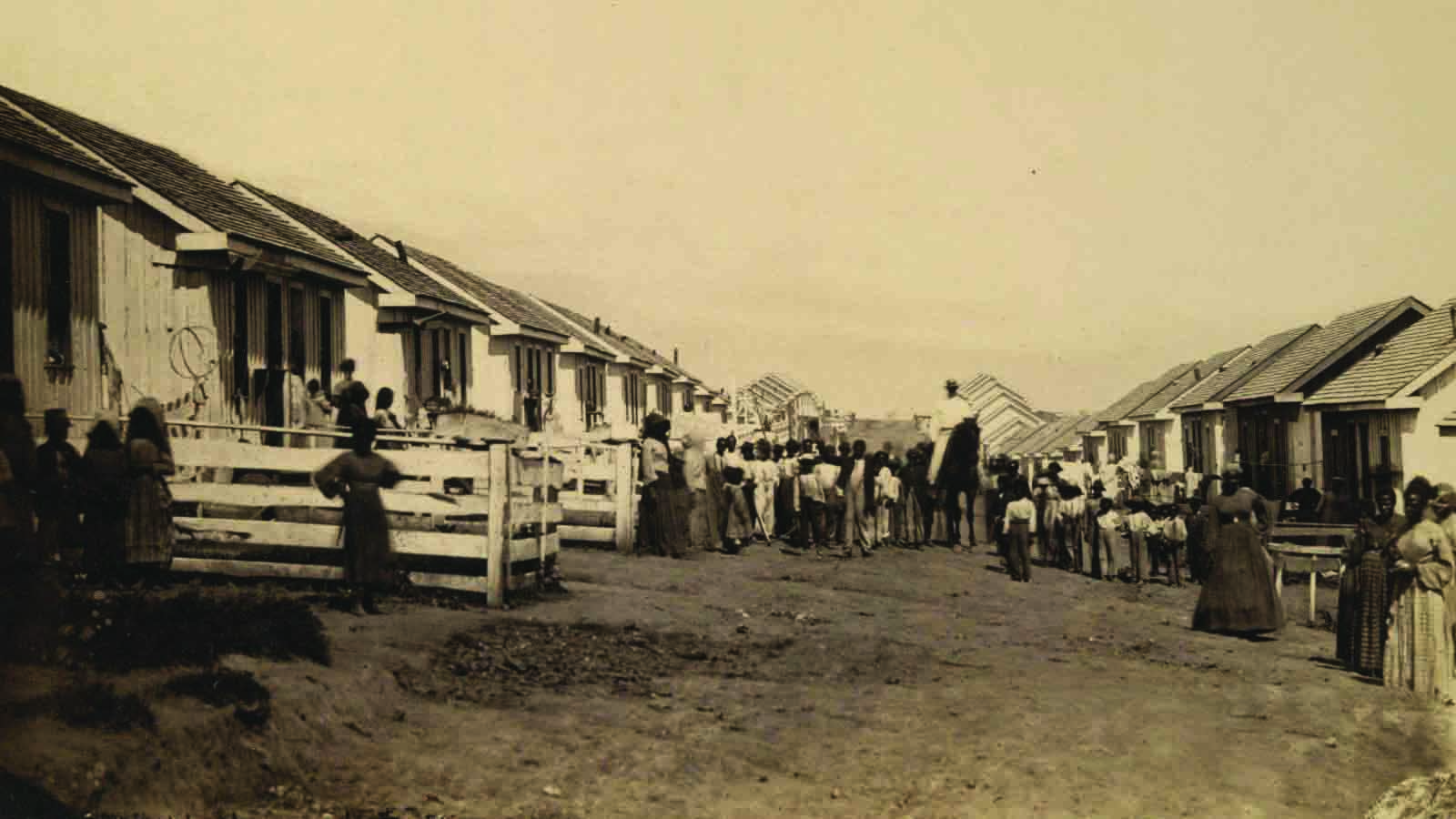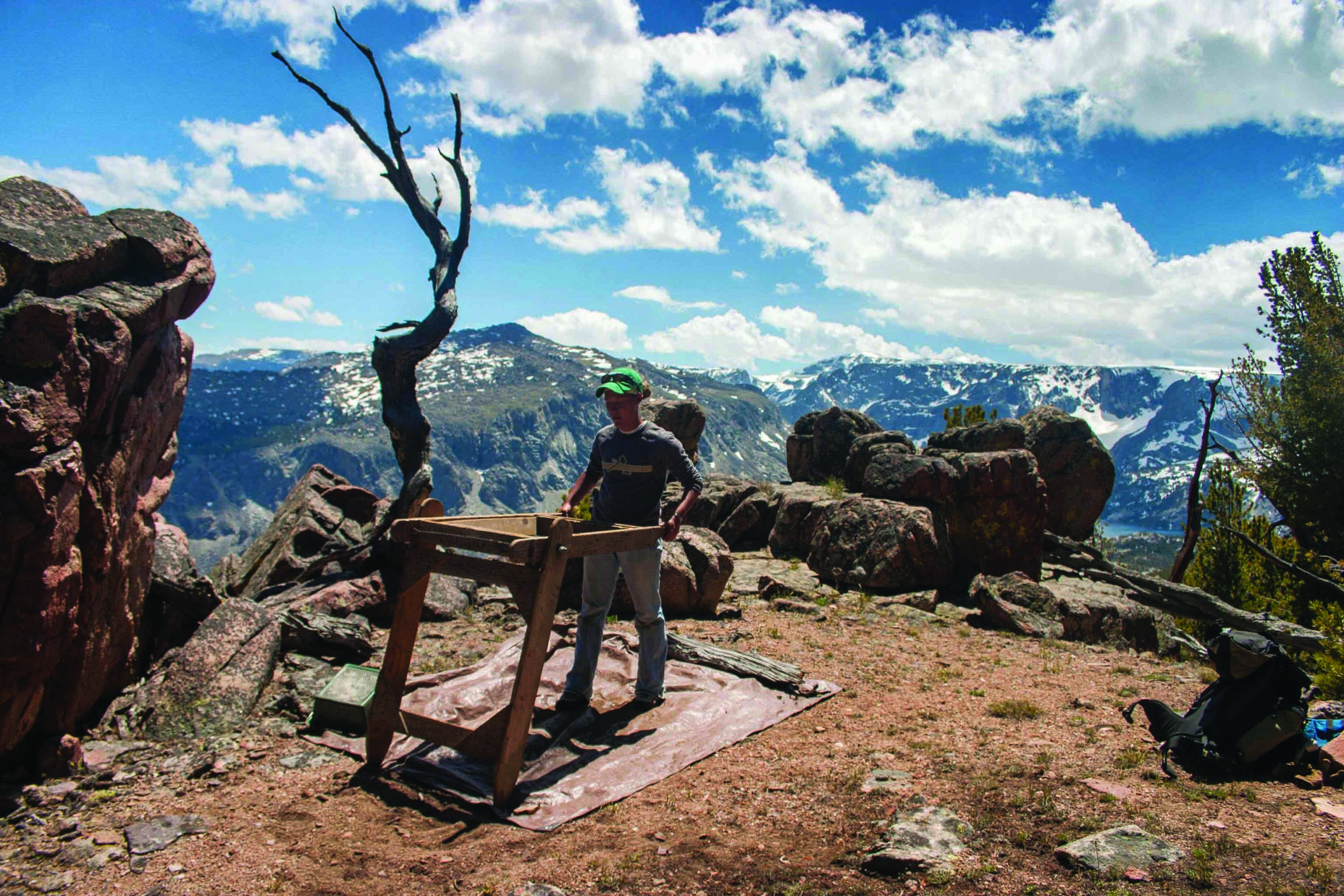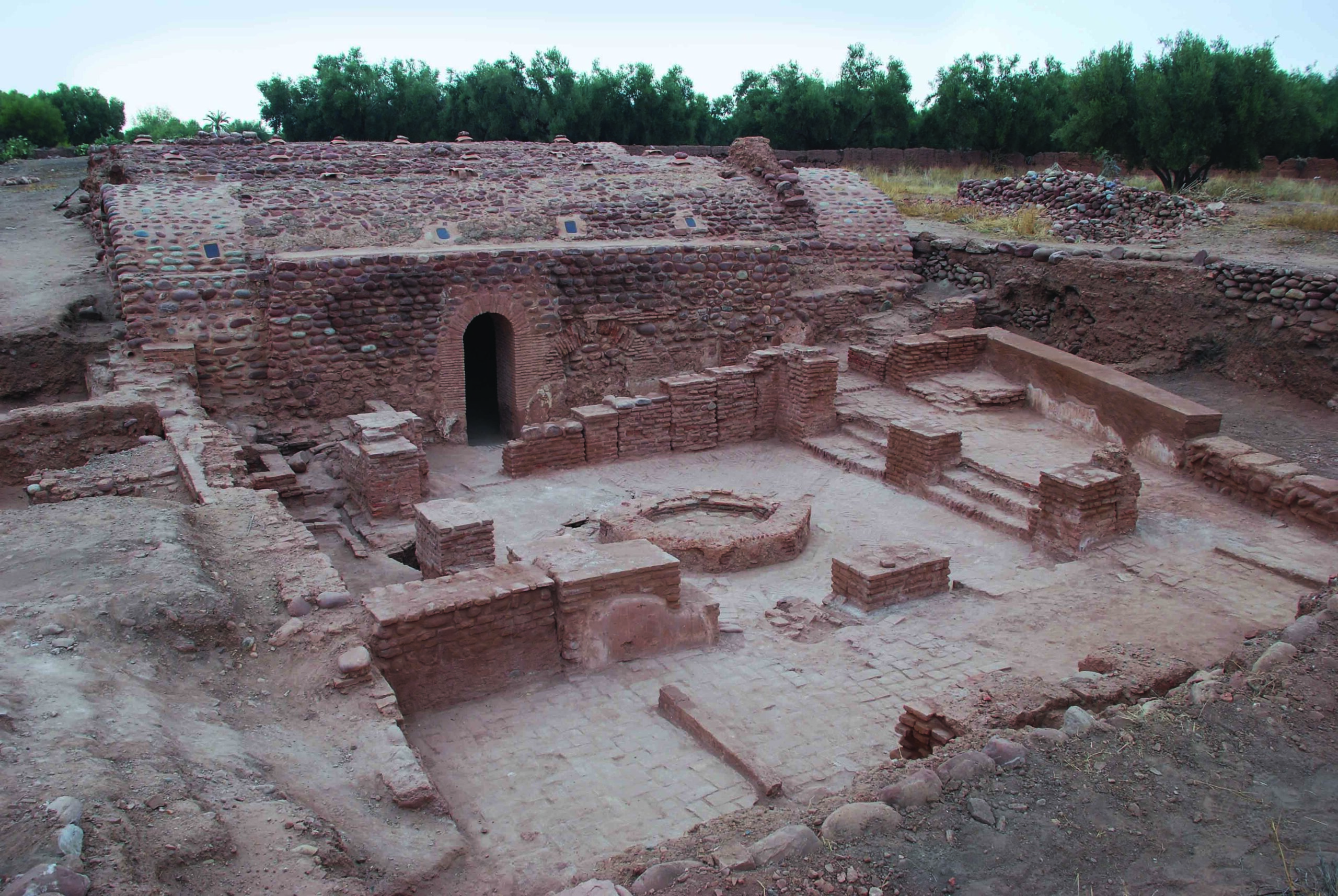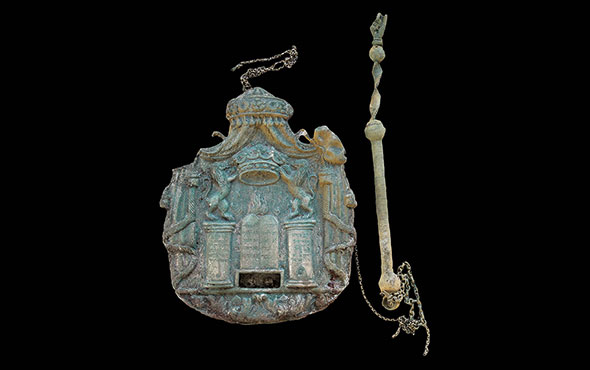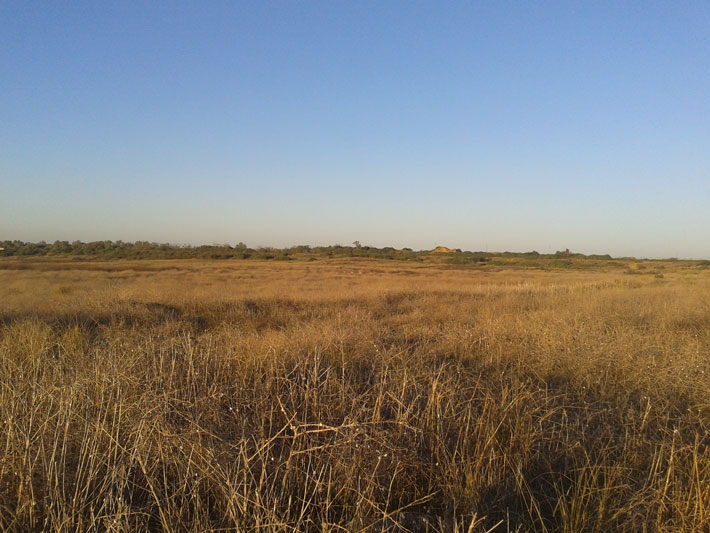
TEL AVIV, ISRAEL—The Jerusalem Post reports that Ashkelon Academic College and University of Haifa archaeologist Rafael Lewis believes he has pinpointed the site of the Battle of Arsuf, a key engagement of the Third Crusade. Long celebrated in the West as a great victory, the battle took place on September 7, 1191, when England’s Richard I, or Richard the Lionheart, led his forces against an army commanded by the great Muslim military leader Saladin. The exact location of the battlefield has since been lost. To recover it, Lewis studied a combination of historical and environmental records, and analyzed a network of medieval-era roads to identify an area north of Tel Aviv as the likely site of the battle. A limited survey of the area with a metal detector led Lewis to unearth Crusader-era artifacts, including two arrowheads and a horseshoe dating to the late twelfth or early thirteenth centuries. While the Battle of Arsuf is celebrated as a great victory by European sources, Lewis points out that the Crusaders failed to recapture Jerusalem, the main objective of their campaign. To read in depth about the archaeology of this period, go to “Reimagining the Crusades.”


